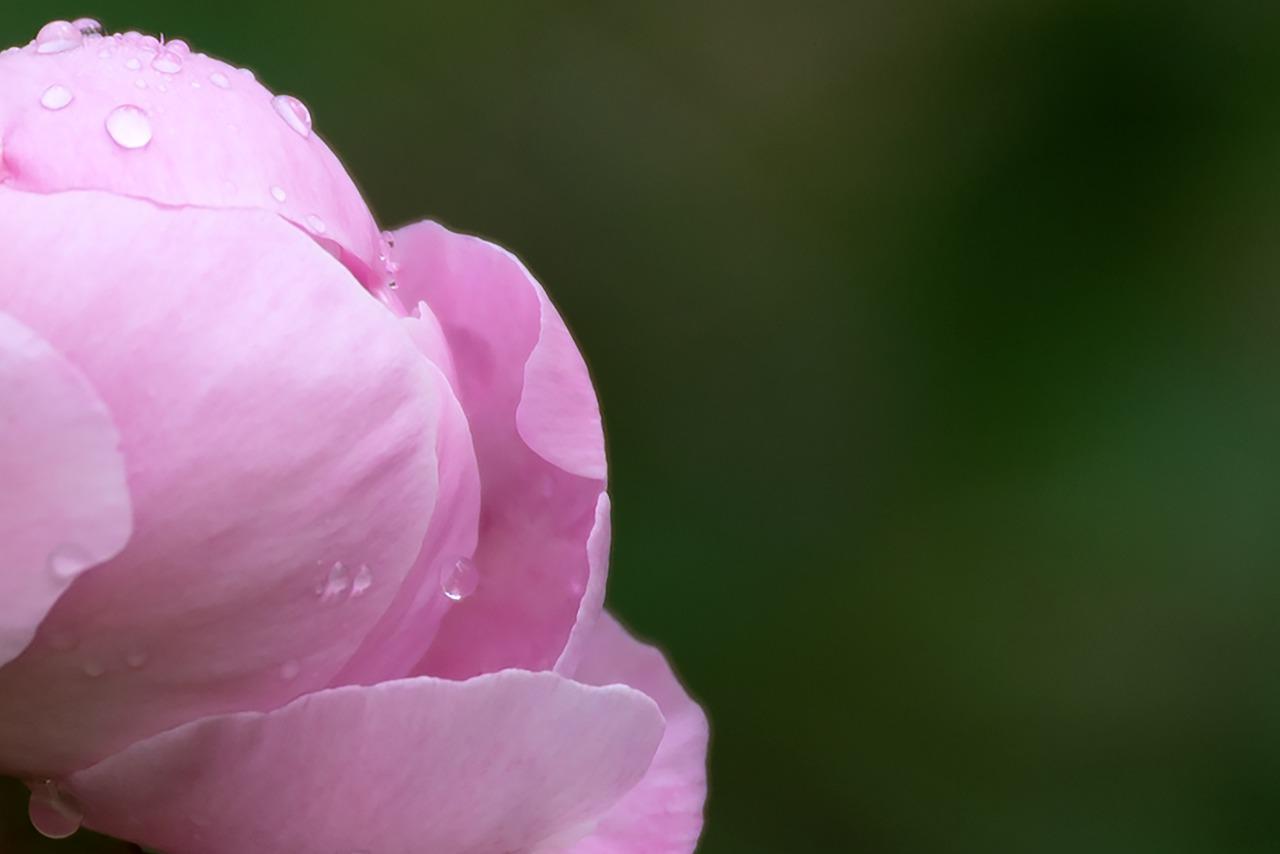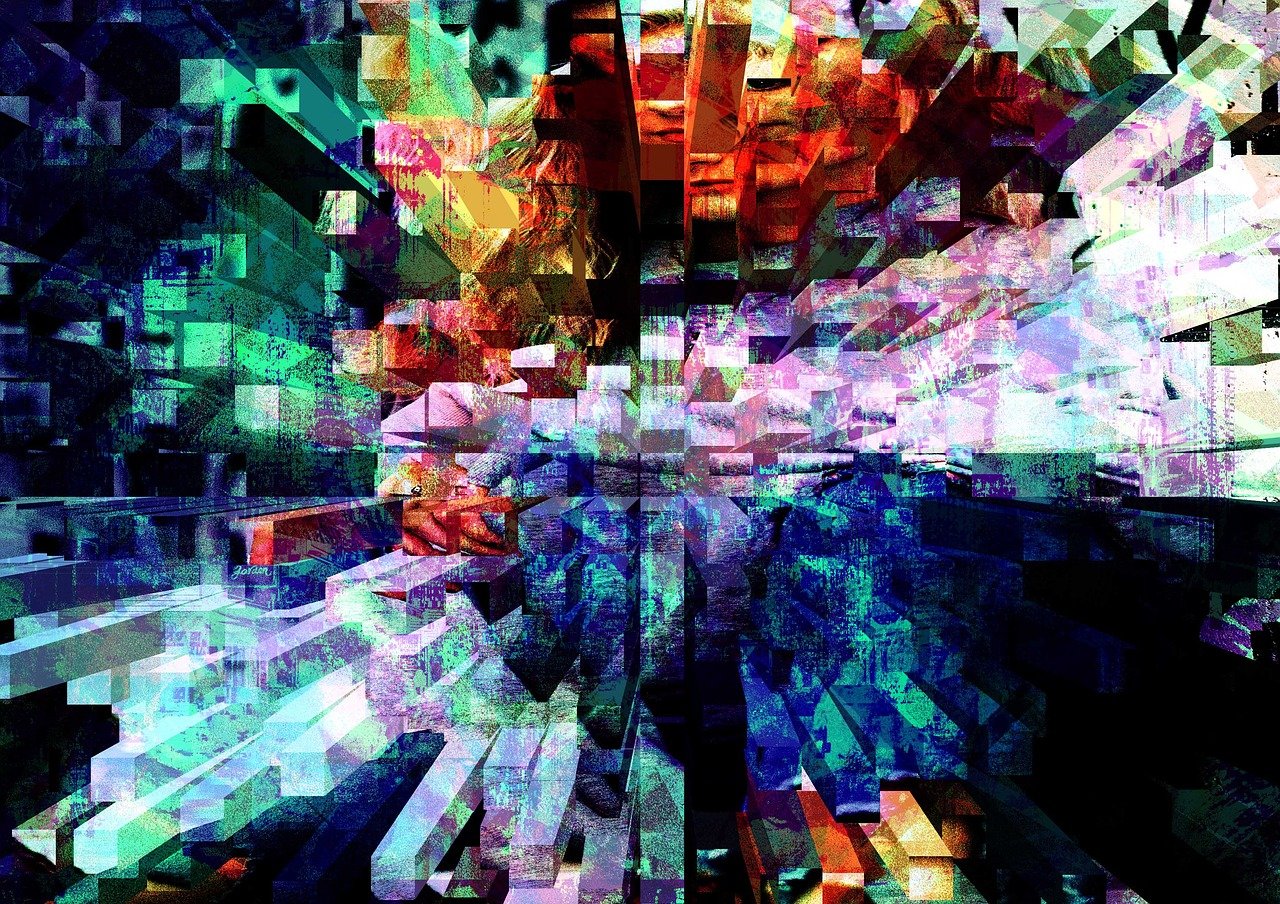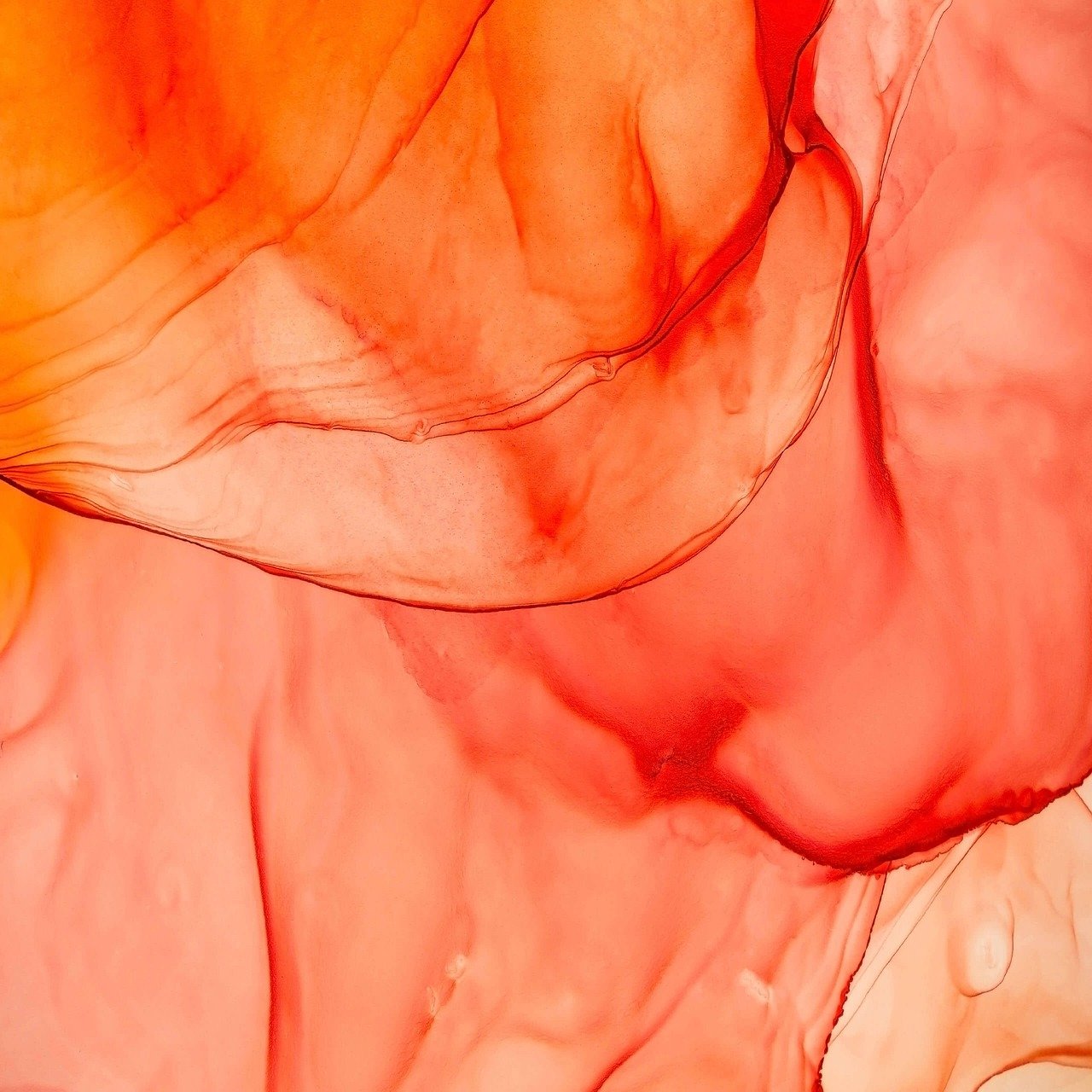The goal of our spiritual journey is basically the same as that which is expressed in the following saying about the Desert Fathers and Mothers: “What the fathers sought most of all was their own true self, in Christ. And in order to do this, they had to reject completely the false, formal self fabricated under social compulsion in the ‘world’.” (Thomas Merton) We need to realise that we are more than our ‘false, formal’ surface self. The spiritual journey is a pilgrimage to ‘own true self, in Christ’.
We can’t all go to the actual desert, but we can enter the inner silence and solitude that meditation affords by letting go of our thoughts that often only circle around our conditioned self and in that inner stillness and peace we experience who we truly are our ‘true self, in Christ’.
The first sign of healing are often copious tears. The Desert Fathers and Mothers even called it the ‘gift of tears’: “Pray first for the gift of tears so that by means of sorrow you may soften your native rudeness. Then having confessed your sins to the Lord you will obtain pardon for them.” (Evagrius ‘Chapters on Prayer 5). These tears are the tears we did not shed when we were hurt, but they are even more a sign of growing awareness and remorse for the hurt we inflicted on others, acting as we did out of our own ignorance and woundedness. This acknowledgement of both our woundedness and our wounding of others is the most important step on the path of healing.
St Paul even calls remorse, repentance, the first baptism. You are baptized in your tears. ‘Penthos’ the Greek root of the word repentance means sorrow and grief. This has nothing to do with guilt. Guilt is in fact a product of the ego. In accusing ourselves of our wrong deeds, we prove to ourselves that we are not worthy; it confirms ourselves in our low self-esteem. Instead of healing and forgiveness we are entrenched in our corrosive self-rejection. But true remorse leads to immediate forgiveness, as the above saying proves. There was no doubt in the mind of the Desert Fathers about that:
“An old man was asked by a soldier: ‘Does God accept repentance? The reply: ‘Tell me, my dear, if your cloak is torn, do you throw it away? Answering him, the soldier said: ‘No, I mend it and use it again.’ The old man said to him’ ‘If you spare your own vesture, would God not be kind to his image?”(Vitae Patrum)
The second baptism according to St Paul is the baptism of the spirit, only possible after our tears have softened our hardness of heart, our ‘rudeness’, and help us to let go of our ego-centredness. Then the veil is temporarily lifted and we are granted a grace-given experience of ‘our true self in Christ’, when we become aware and are open to the loving and healing influence of the Spirit, which floods into our true centre– a life-transforming moment.
Image by Mariya 🌸🌺🌼 from Pixabay







